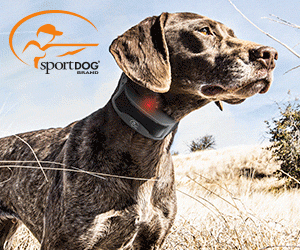Whats in a breeding contract
The primary goal of the contract is to ensure the well-being of the dog and maintain the reputation of the breeder as a responsible and caring provider. By signing the contract, buyers affirm their commitment to the responsibilities associated with dog ownership, reinforcing the information shared during visits and conversations with the breeder.
Getting to know the buyers is a fundamental aspect of responsible breeding. This investment of time and effort in understanding potential dog owners goes a long way in establishing trust and peace of mind, regardless of the specifics outlined in the contract.
Buyers should be informed about the requirement to sign a contract right from the beginning. The contract should be made available for review before any commitment to purchase a puppy is made. This transparent approach helps both parties assess if the arrangement is a good fit.
Contracts may vary among breeders, but they should include essential details:
- The puppy's registration number.
- The puppy's microchip ID number.
- Names and registration numbers of the sire and dam.
- Purchase price.
For puppies not intended for show, the contract may specify limited registration and/or a spay/neuter requirement. This ensures that the dog is eligible for participation in various events, with exceptions for conformation. It's important to educate buyers about the significance of spaying/neutering.
When selling a show prospect, mentoring may be involved. Terms may cover evaluations, handling arrangements, and co-ownership agreements. Specific health screenings and breeding-related decisions should be outlined in the contract.
A return-to-breeder clause is an important aspect of ensuring the long-term well-being of the puppy. Circumstances beyond a buyer's control may necessitate rehoming, and this clause helps facilitate a safe transition.
While breeders cannot guarantee a puppy will be completely free from health issues, they can provide assurances based on responsible breeding practices. Contracts may address genetic defects and specific health concerns.
Breeders may have naming preferences to maintain the integrity of their kennel. Buyers should be informed about any naming guidelines in place.
Contracts can cover various aspects such as fenced yard requirements, precautions for homes with young children, transitioning to adult food, and safety measures for elevated areas.
Experienced breeders may tailor contracts to suit the experience level of the buyer, ensuring that the terms are fair and appropriate.
In summary, a well-crafted contract is a cornerstone of responsible breeding. It sets clear expectations, safeguards the dog's welfare, and builds trust between breeders and buyers. When done right, contracts contribute to the success and longevity of the breeder's legacy in the world of dogs.
Related Aritlces
How to sell dogs during a recession
There is a lot of debate in the media right now about whether we're headed for a recession or already in one. The Feds talk about making a soft landing with the economy, but I keep seeing the stock market dropping and the interest rates rising. There might be some tough days ahead, or there might not be, but it never hurts to be prepared. Selling dogs is tough, if it were easy, everyone would be doing it, it's even harder in a recession. During a recession, you may face some challenges placing your dogs. This article offers sure-fire tips to stack the deck in your favor should the economy take a turn for the worse.























